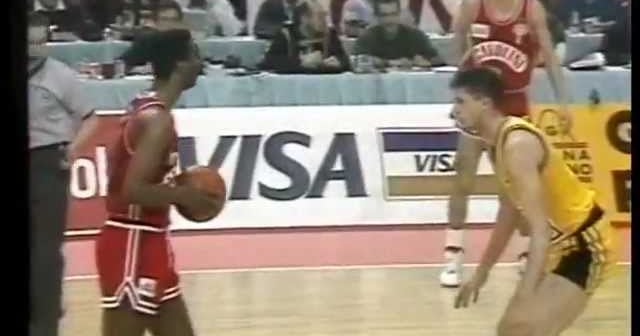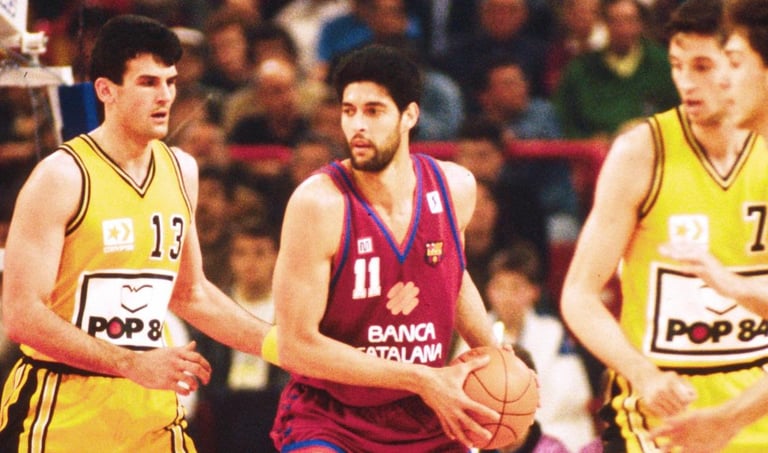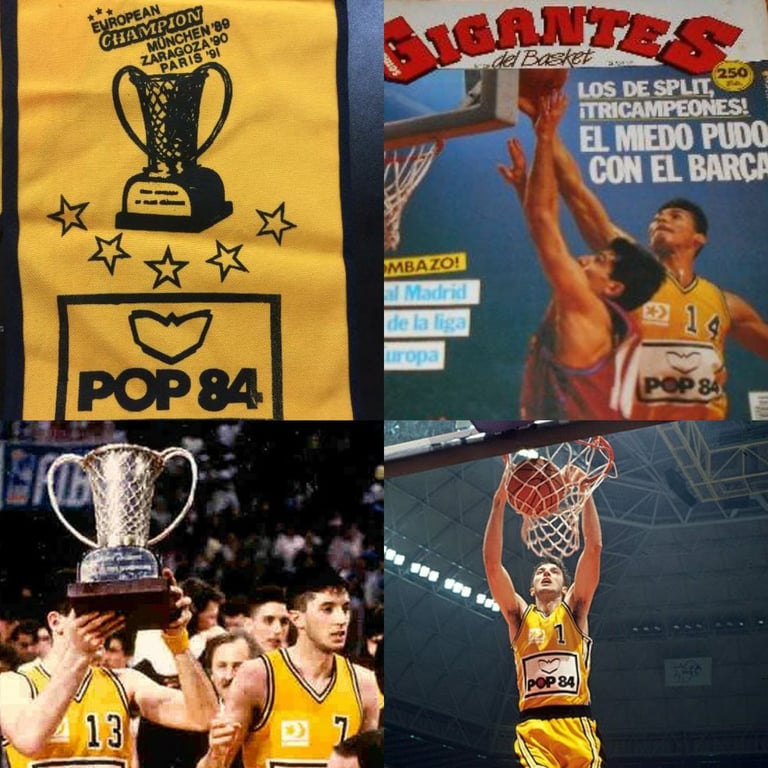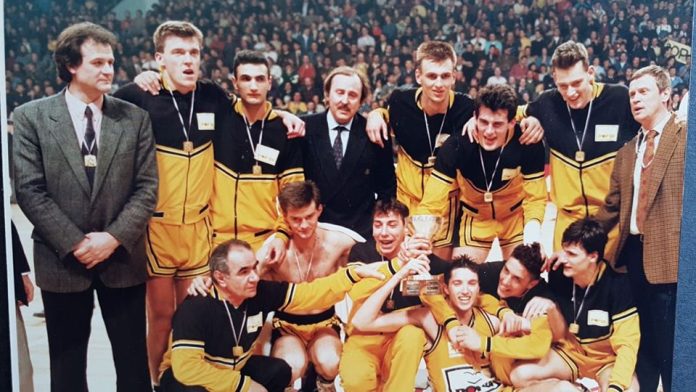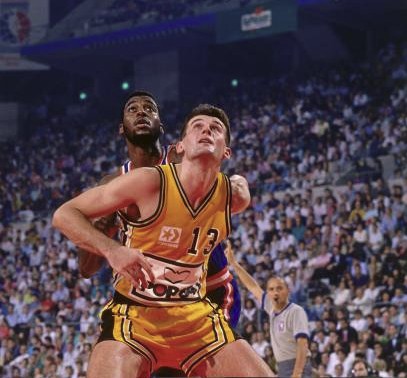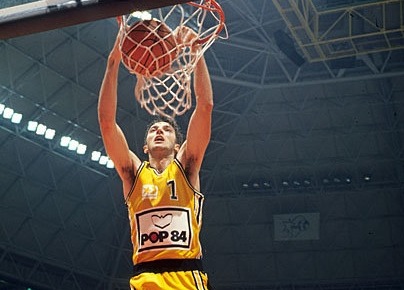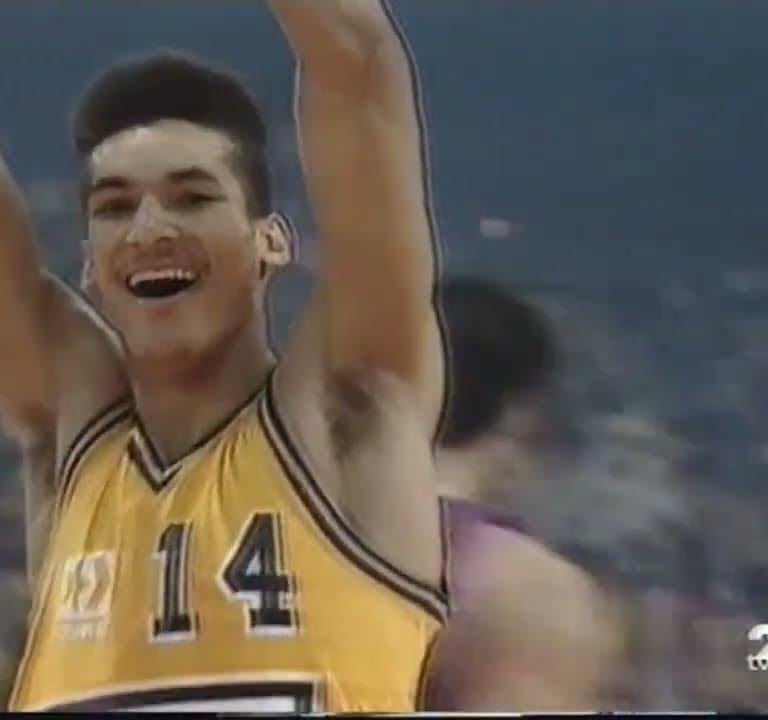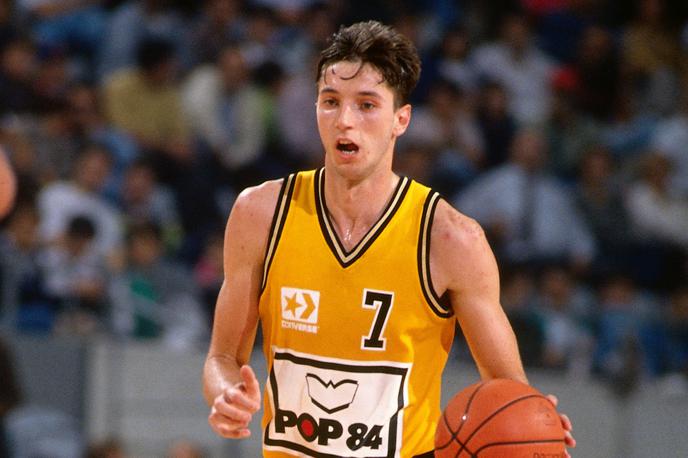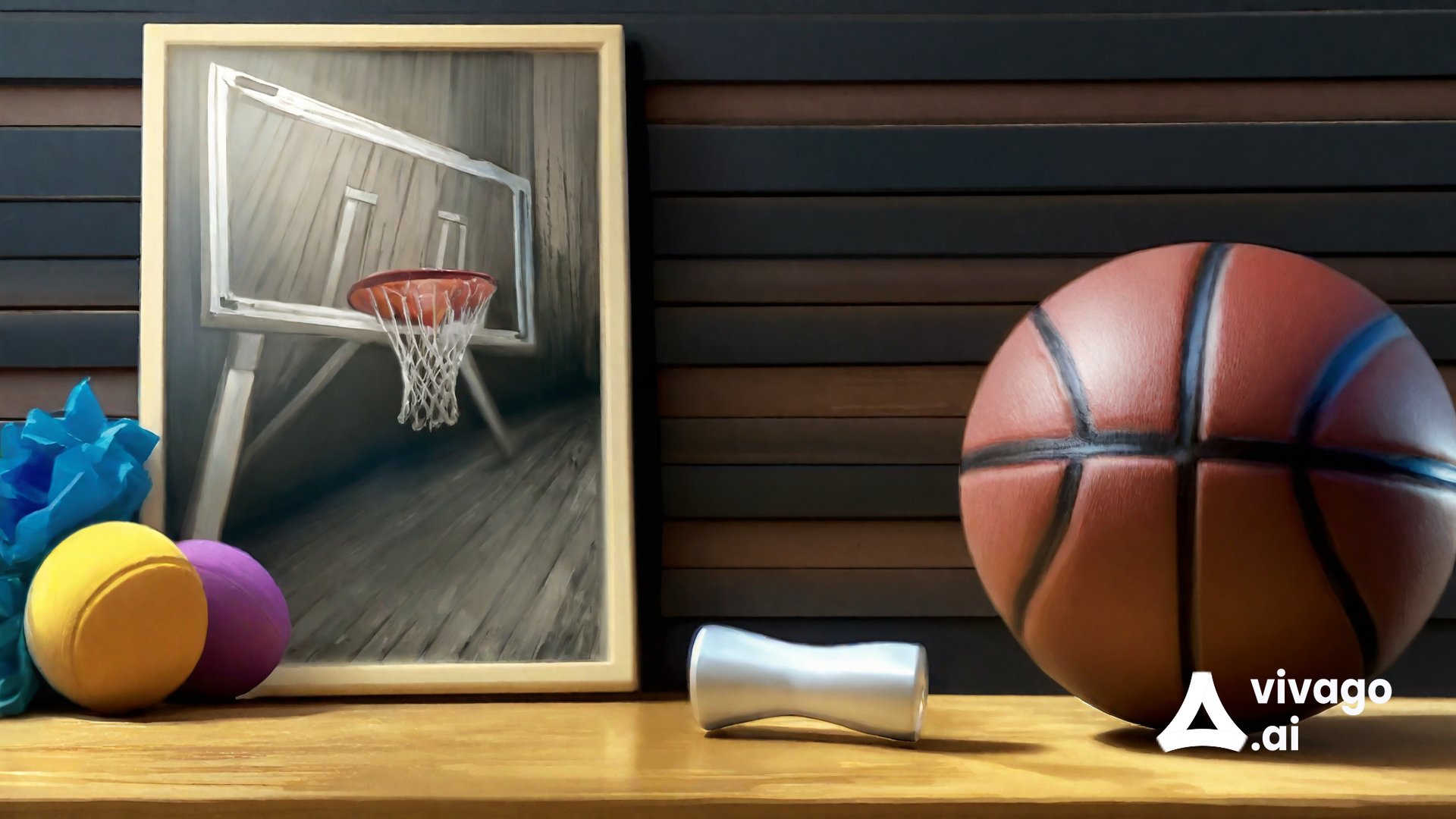
Final Four - Paris 1991
"The name was still Jugoplastika"
RETROFFF (FINAL FOUR FOLKLORE)
Antreas Tsemperlidis
4/29/20253 min read
The summer of 1990 in Split was one I would call world-shaking. The reigning European champions saw almost everything chang, both in their name and their roster.
Paris 1993 - Antreas continues the FFF journey with the climactic story of -most probably- the best European team ever assembled to date. Lets roll back the years once more. Here is how the F4 story continued to unfold...
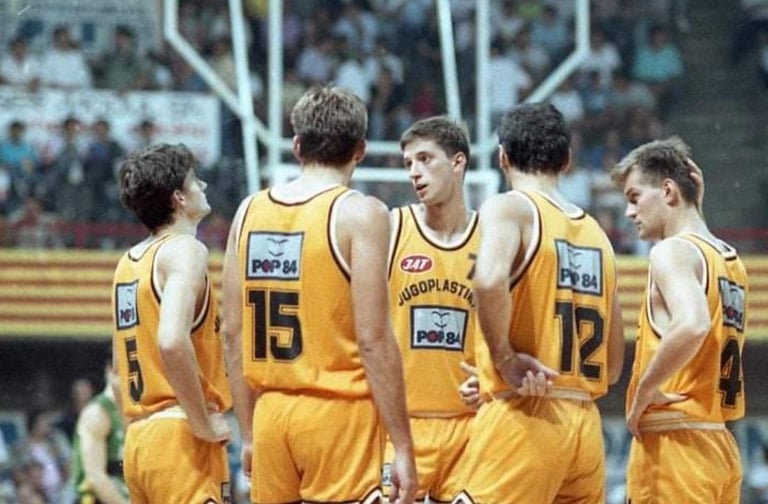

First, the name. As if they had a glimpse of the future, the club’s leaders made the decision to include the sponsor on the jerseys—the Italian clothing company, Pop 84.
Then came the coach. Božidar Maljković accepted Barcelona’s offer and moved to Catalonia, tasked with dethroning his own creation. Replacing him was another European champion (Cibona 1986), Željko Pavličević.
And finally, the players. Duško Ivanović decided that, at 32, it was time to finally make some money from basketball, choosing Spain and Girona. But the Yugoslavs’ losses didn’t stop with their captain. Dino Rađa had honored his part of the deal the previous season, agreeing to stay one more year in Split before heading to Boston and the Celtics. But after the Zaragoza triumph, he decided to postpone his American dream and said “sì” to the billions of lire offered by Italian magnate Serafino Ferruzzi, signing with Roma instead. At least in Rađa’s case, there was a replacement—albeit one of far lesser caliber. With only $15,000 to spend, the Yugoslavs could only attract an unknown American, and so, Ivy Lester became the first foreign player in Pop 84’s history.
Everything had changed—except one thing: the heart of a champion. In Paris, they would remind to the basketball world that they were still called Jugoplastika.
In the “City of Light,” the Italians of Scavolini Pesaro, the Israelis of Maccabi, and especially the Spaniards of Barcelona, likely thought they’d have an easy time against the weakened Yugoslavs. As is often the case in such stories, they were completely wrong. This time, the hero of the Final Four was named Zoran Savić, and right from the first semifinal on April 16, 1991, he showed that Rađa’s absence wouldn’t be felt. Manifico and Costa couldn’t stop him, while Kukoč and Sretenović ran the show beautifully (with 10 and 11 assists respectively), and Jugoplastika defeated Scavolini 93–87 to claim their spot in the final.
Waiting for them there was Barcelona, seeking revenge after crushing Maccabi by 34 points (101–67) in the other semifinal. With Europe’s best big-man duo—Audie Norris and José “Piculín” Ortiz—and half the Spanish national team on the perimeter, few bet against the Catalans lifting the European Cup. But basketball is a game of upsets and comebacks. And in that final, the big surprise came in the form of Ivy Lester. The American was a fierce warrior—great leaper and outstanding defender. Those were his tools, and he brought all of them to the Bercy court. He went toe-to-toe with Norris in the paint, and more often than not, came out on top. And what can we say about Zoran Savić?
“Žoki” should have been the MVP of the Final Four - not Kukoč. He scalped Barça’s giants, scoring 27 points, while Norris and Ortiz combined for just 20.
As for Toni, as mentioned earlier - he wasn’t good in the final. Inaccurate, full of mistakes. But his name carried more weight than Savić’s, and so the "Golden Boy of Split" took home the MVP award once again. A special mention to the flawless Zoran Sretenović, with 7 points, 7 assists, and a record that still stands - 40 minutes played in a Final Four final. On the other side, the Spaniards -who ran wild against Maccabi- got trapped in the Yugoslav rhythm. Montero, who scored 25 in the semifinal, was held to 9. San Epifanio disappointed once again in a final, and the bigs couldn’t handle Savić and Lester. Even Maljković looked dazed, unable to turn the game around - maybe he thought he was still in Split. That would explain why, when Kukoč made a basket and passed the Barça bench on his way back on defense, Boža gave him a light slap and whispered a quick instruction, as he later confessed.
But none of that mattered when Kostas Rigas blew the final whistle. With a 70–65 scoreline, Jugoplastika were European champions for the third year in a row (a feat matched only by ASK Riga under Alexander Gomelsky). The “Dalmatian Dogs” still had bite. Lester, ecstatic, shouted, “I’m the best American playing basketball in Europe!”; and who could argue with him in that moment?
And while the team celebrated, their manager Josip “Biba” Bilić stood watching them with a sad look, as if he knew it was the last time they'd embrace like this.When, in October of the same year, Slobodna Dalmacija returned to the Palais de Bercy for the McDonald's Open tournament, it really was a different team.
Jugoplastika had danced their last tango in Paris, back in April 1991.
